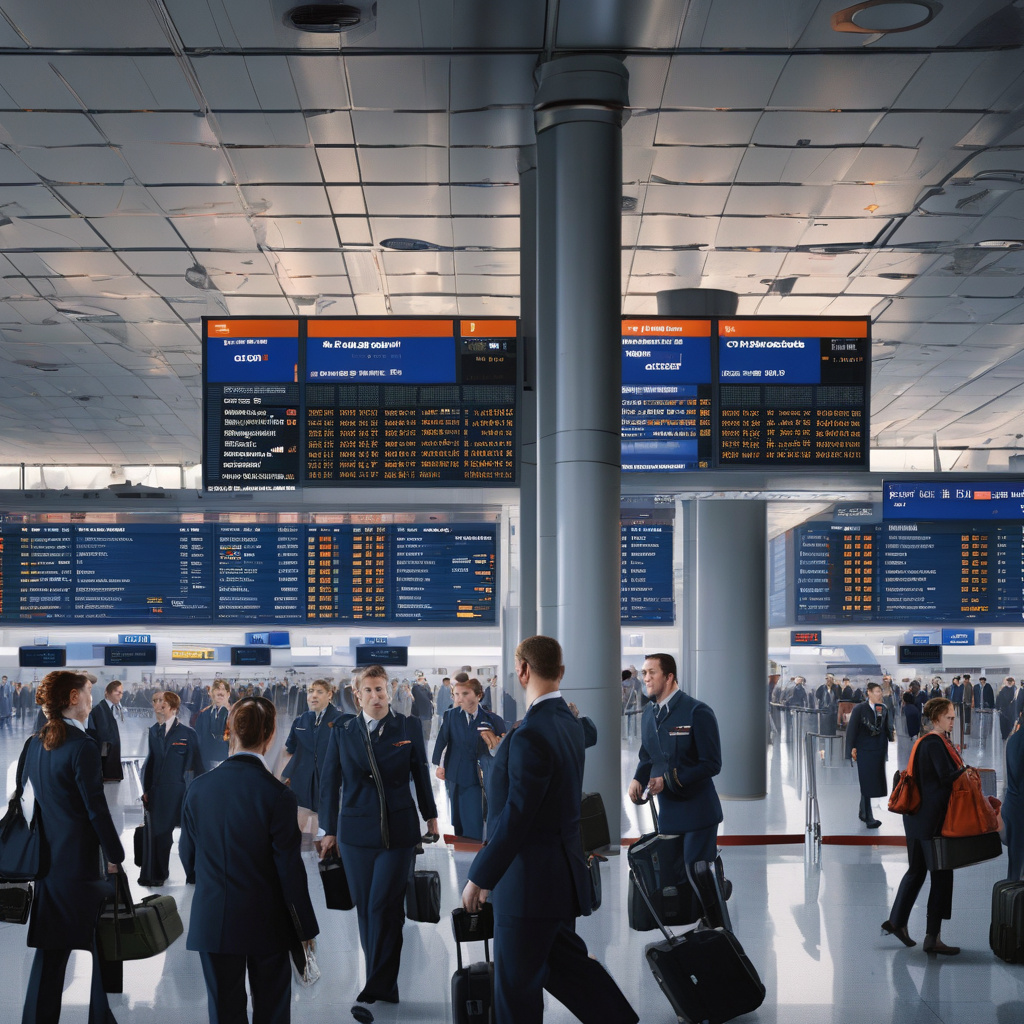Aeroflot Cyberattack: How Belarusian and Ukrainian Hackers Disrupted Russian Flights
In a recent and alarming development, Belarusian and Ukrainian hackers have claimed responsibility for a strategic cyber sabotage of Aeroflot, Russia’s flagship airline. This cyberattack has not only raised concerns about the vulnerability of critical infrastructure but has also shed light on the growing threat of cyber warfare in the aviation sector.
The cyberattack on Aeroflot, one of the largest airlines in Russia, has had far-reaching consequences. Flight operations were severely disrupted, leading to delays, cancellations, and chaos for passengers. The hackers targeted Aeroflot’s systems, causing widespread outages and grounding numerous flights. This deliberate and coordinated attack has exposed the aviation industry’s susceptibility to cyber threats and the need for robust cybersecurity measures.
The motives behind the cyberattack remain unclear, but the impact on Aeroflot and its passengers is undeniable. The breach not only affected the airline’s operations but also damaged its reputation and credibility. Passengers were left stranded, and the airline faced significant financial losses as a result of the attack.
This incident serves as a stark reminder of the importance of cybersecurity in the aviation sector. Airlines must invest in advanced security measures to protect their systems and data from malicious actors. Cyberattacks on airlines can have serious safety implications, jeopardizing the lives of passengers and disrupting air travel on a large scale.
In response to the cyberattack, Aeroflot has initiated a thorough investigation to identify the perpetrators and assess the extent of the damage. The airline is working closely with cybersecurity experts and law enforcement agencies to strengthen its defenses and prevent future attacks. This incident underscores the need for collaboration between airlines, government authorities, and cybersecurity professionals to combat cyber threats effectively.
The Aeroflot cyberattack highlights the evolving nature of cybersecurity risks in the digital age. As technology advances, so do the tactics of cybercriminals, making it imperative for organizations to stay ahead of the curve. Airlines must be proactive in identifying vulnerabilities in their systems and implementing robust security protocols to mitigate the risk of cyber threats.
In conclusion, the cyberattack on Aeroflot by Belarusian and Ukrainian hackers has exposed the vulnerabilities of the aviation industry to cyber threats. This incident serves as a wake-up call for airlines worldwide to prioritize cybersecurity and invest in measures to protect their systems, data, and passengers. As the digital landscape continues to evolve, the aviation sector must adapt to the changing threat landscape and strengthen its defenses against cyberattacks.
#Aeroflot #Cyberattack #Aviation #Cybersecurity #Hackers
